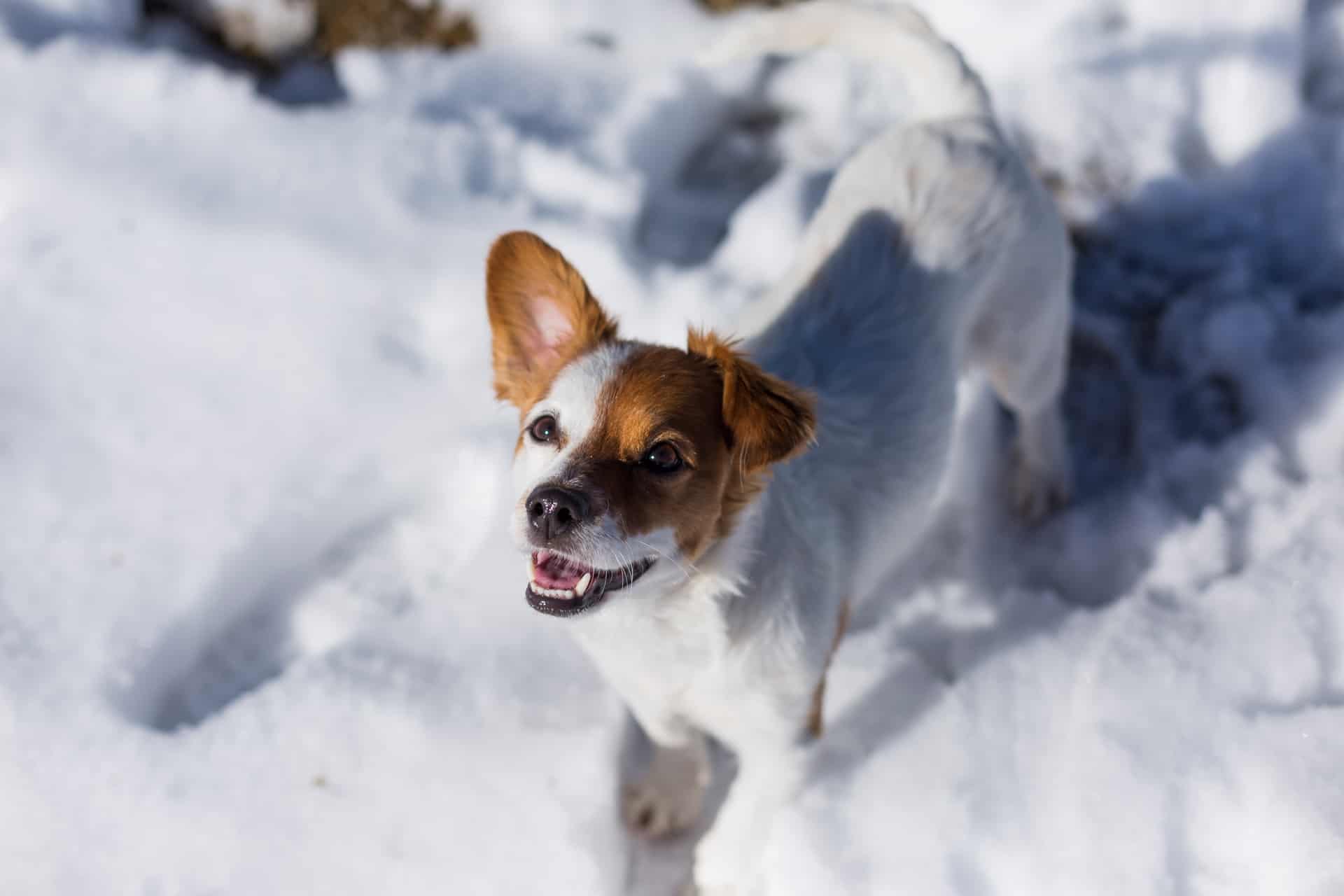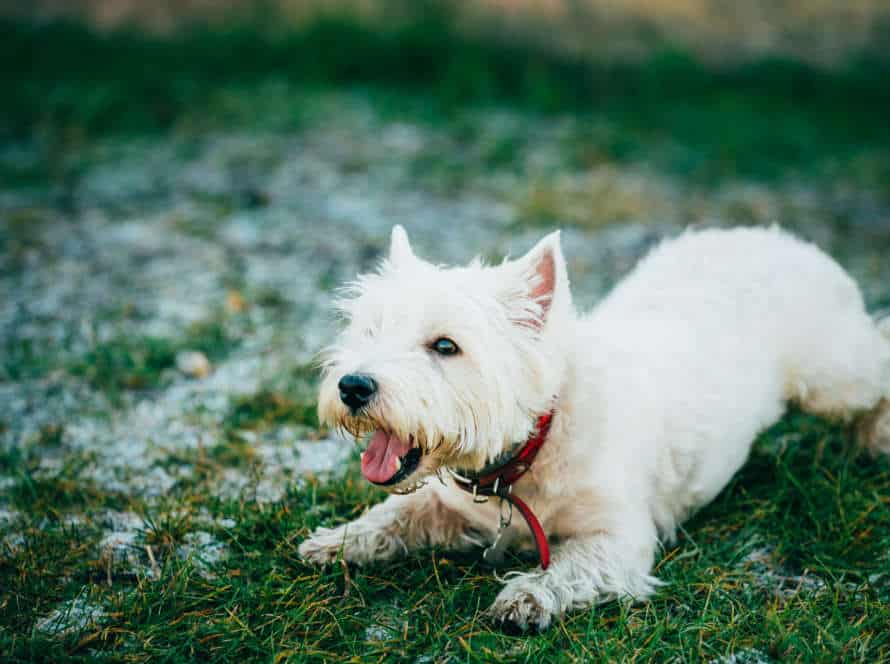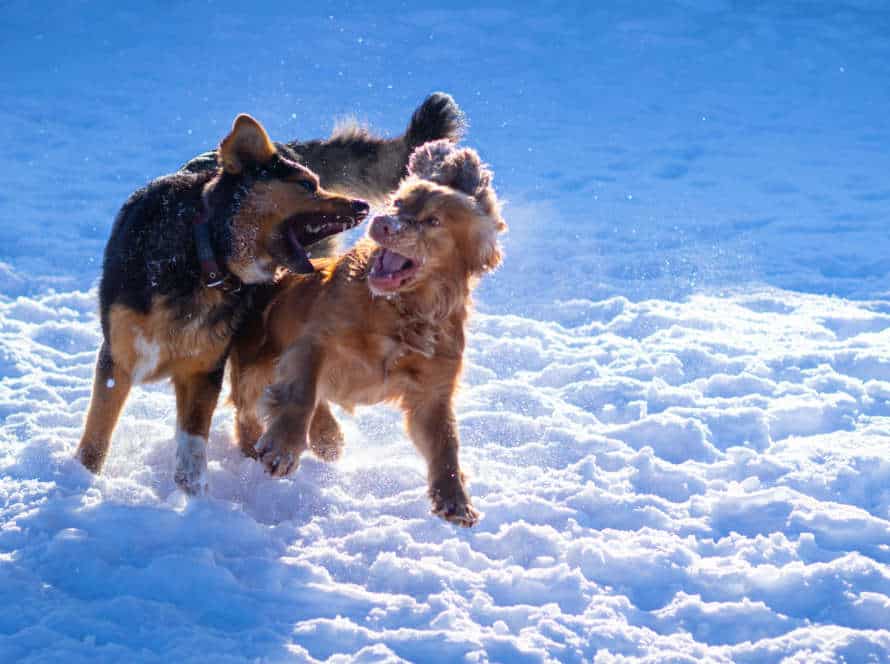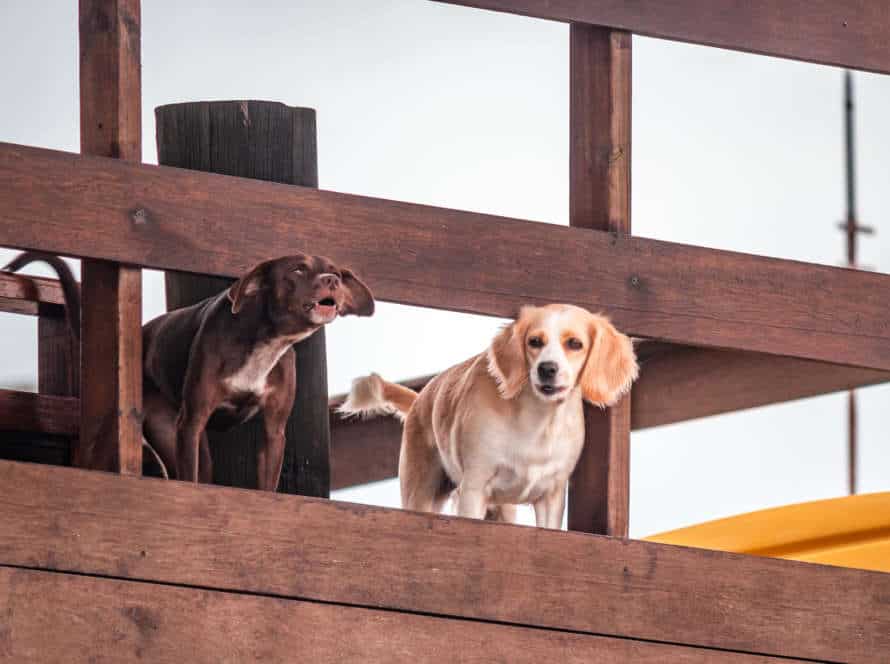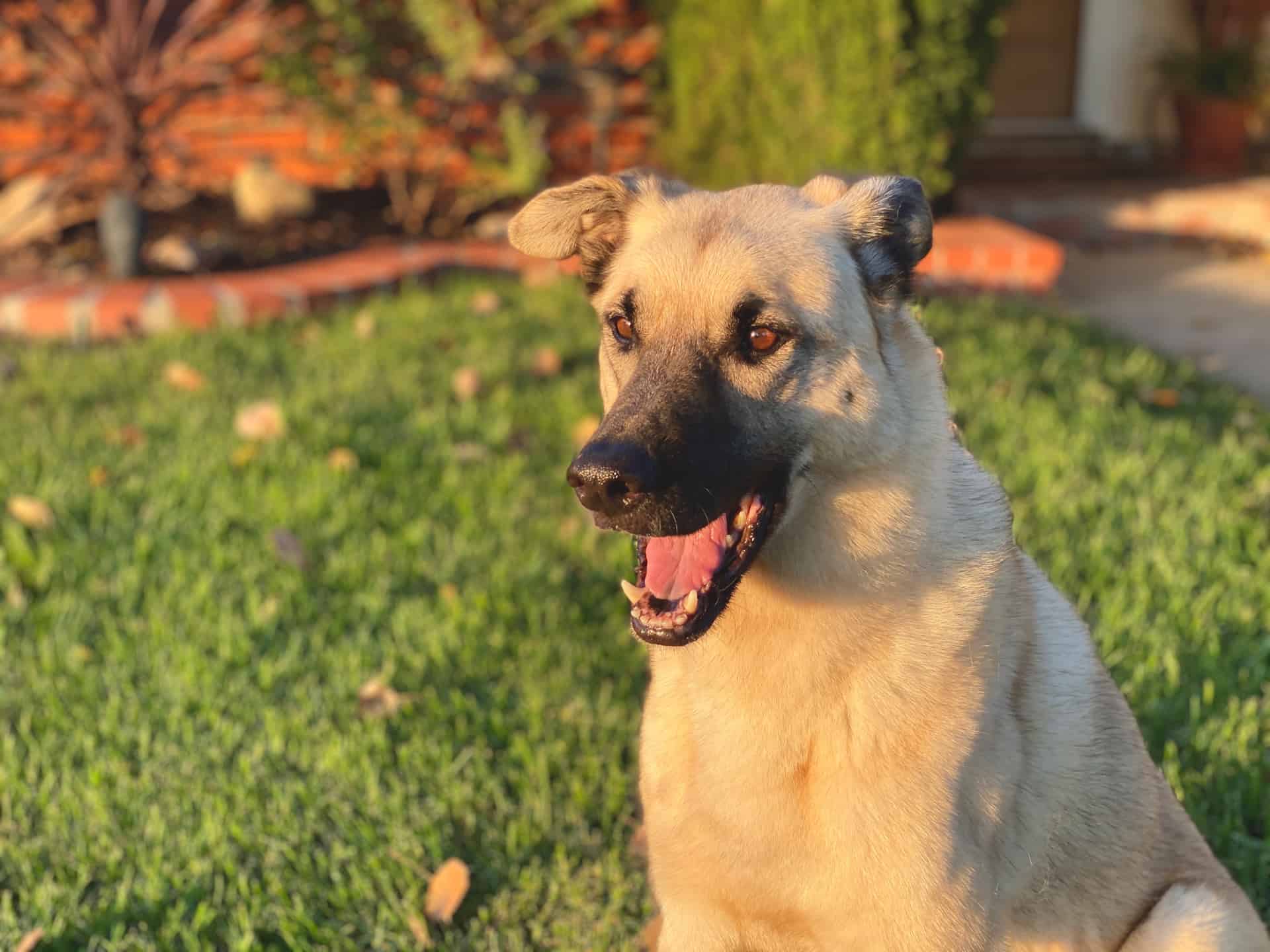Understanding Your Dog’s Urge to Dig: A Canine Instinct
Dogs have a strong instinct to dig – for many reasons. Understanding why can help with managing their behavior and stopping destruction.
- Prey, cooling off, rest, hiding things, and boredom or anxiety could be the cause. Identifying this helps in addressing the behavior in the right way.
A digging area in the yard, toys or activities, and enough exercise and stimulation can help manage the urge to dig. Plus, training and positive reinforcement can redirect behavior in a good way.
It might be annoying when your dog digs up the yard, but it’s part of their natural instincts. With proper management, it’s possible to get along with your furry friend.
Why Do Dogs Dig?
Dogs naturally have the need to dig. You may spot your pup in the garden, park, or even inside your home! Digging could seem damaging, but it’s actually essential for a dog’s health, amusement, and exercise. So, why do dogs dig? Let’s dive into this query and look at the pros and cons of this canine impulse.
Instinctual Behaviors Among Canines
Dogs have an instinct to dig, but why? Knowing this can aid in training and stop destructive behavior. Here’s why dogs dig:
- Comfort: They may make a cool spot to rest in hot weather.
- Hunting: They may search for prey or hidden items.
- Anxiety: Digging could be a way to release stress.
- Escape: They may try to run from danger, boredom, or isolation.
It’s essential to know why they’re digging to fix the problem. Redirect energy to positive activities like playtime, training, or rewarding good behavior. Pro Tip: Teach them to dig in one spot to avoid unwanted areas.
Reasons for Digging
Digging is typical for pups – but it can be annoying and destructive for owners. Knowing why canines dig is key to controlling & redirecting their desire. Here are the top reasons:
- Instinct: Certain breeds, such as terriers, were made to hunt underground and it’s a natural part of their instincts.
- Boredom & energy: Dogs left alone for a long time or without stimulation may dig to use up their energy & avoid boredom.
- Comfort & temperature: Pups may dig to make a cool spot to lay in hot weather or a warm, insulated one to sleep in cold weather.
- Anxiety & stress: Anxious or stressed dogs may dig to relieve tension & cope.
By finding the cause of the digging, owners can take steps to address it & direct the pup’s actions. P.S. Provide lots of exercise, mental stimulation & a designated digging spot to redirect the urge to dig.
Differences in Digging Behavior Between Breeds
Dogs of different breeds can show various digging behaviors. This is mainly down to their genetic makeup and what they were bred for. For example, terriers are bred to hunt, so they tend to dig a lot. Dachshunds enjoy burrowing and looking for prey underground. Hounds don’t usually dig, apart from scent hounds who sniff the ground to find prey.
Other things that can make a dog dig are marking their territory, being bored, or feeling anxious. It’s important to figure out why your dog is digging, so that you can give them the right training, exercise, and stimulation.
The Risks of Dog Digging
Digging is an urge for pups! But, it could be dangerous. It can damage your property, garden, and cause injuries to your pup. Don’t say no to all digging. Know the risks and take measures to ensure your pup’s safety.
Property Damage
Dogs have an instinct to dig – and while it can be harmless at times, it can also be damaging. Pet owners should be aware of the risks involved. Here are a few:
- Holes in your yard can be a hazard for people and animals.
- Digging can damage sprinklers, electrical lines, and other underground utilities.
- If not corrected, it can become a costly problem.
To prevent property damage, here are a few steps you can take:
- Provide your pup with enough exercise and mental stimulation.
- Limit access to areas where digging isn’t allowed.
- Train them to use a designated digging area.
- Supervise them when they dig.
With patience and consistency, you can redirect and prevent property damage.
Health Risks
Digging is a common behavior for dogs. Though it’s natural, too much of it can lead to health issues. Here are some of the risks:
- Toxins: Digging can expose dogs to pesticides, fertilizers and other dangerous chemicals. These can cause skin irritation or even cancer.
- Injuries: Dogs can injure themselves with sharp rocks or objects hidden in the ground.
- Parasites: Fleas and ticks in the soil can cause parasitic infestations.
- Infections: If your dog digs in feces or contaminated soil, they may get bacterial infections like Salmonella or E. coli.
To prevent these risks, train your dog or give them an appropriate space to dig. Make sure they’re up to date on vaccinations and checked for parasites.
Safety Hazards
Dogs have an instinct to dig. This can be risky for both your pup and your home. Knowing why your pup digs can help you stop it and keep them safe. Here’s what could happen:
- Escaping: If they’re digging near or under a fence, they might be trying to escape. They could get lost, hurt, or run into traffic.
- Holes: Holes can harm people and pets. They can twist ankles or even break a leg. Plus, they could damage lawn equipment and vehicles.
- Damage: Digging can ruin your lawn, garden, and other outdoor areas. It can lead to costly repairs or replacements.
Realizing why your pup digs and taking steps to prevent it can protect you both from danger and hazards.
How to Prevent or Control Dog Digging
Digging is a natural instinct for dogs. There are ways to prevent or control it. Knowing the reasons behind a dog’s urge to dig can help you manage it. This article will explain the causes and how to control this behavior. It can help you find a long-term solution.
Positive Reinforcement Training
Positive reinforcement training is a great way to stop or control your pup’s digging. Understand their digging urge and redirect it into good behaviors to create a stronger bond. Here are some tips:
- Observe their behavior and find out what triggers the digging.
- Provide them a special place with loose soil/sand, toys, and treats.
- Reward them with praise and treats when they use the right area.
- Use positive reinforcement techniques like clicker training or give positive cues to distract them from wrong places.
- Exercise and play with your dog regularly. This stops the urge to dig.
Remember, positive reinforcement takes time and patience. It can bring lasting changes in your pet’s behavior.
Create a Digging Spot for Your Dog
Designating a digging spot for your pup can help control unwanted digging. Here’s what to do:
- Choose a spot in sand or soft soil.
- Put toys, treats, or bones in the area to encourage your dog to dig.
- Show your pup how to dig in the spot with your hands or a small tool.
- Reward your pup with praise or treats when they dig in the right place.
- If they start to dig elsewhere, redirect them to the right spot instead of scolding.
Understanding why dogs dig is important to manage this behavior. Dogs may dig to relieve stress, cool off, warm up, seek entertainment, or get attention. Provide an appropriate outlet and you’ll keep your yard and garden safe while fulfilling your pup’s instincts.
Exercise and Playtime
Exercising and playtime are essential for controlling dog digging. Boredom, too much energy, or anxiety can make dogs dig. To stop this, keep your dog entertained.
Take them for a 30-minute walk or jog twice a day. Play interactive games like hide-and-seek, fetch, or tug-of-war. Train them new tricks or commands. Give them toys such as chew toys, treat dispensers, or puzzle toys.
Observe your dog’s digging to understand why they do it. If it’s out of boredom, give them more exercise and mental stimulation. If it’s for shade, provide a special spot with shade and shelter.
Remember: consistency is key. Exercise, stimulation, and rewards will keep your dog content.
When to Seek Professional Help
Dog owners often feel frustrated cause their pup loves to dig. To handle this, it’s important to understand why dogs do this – it’s in their nature! When professional help is necessary, this article will tell you.
Excessive and Compulsive Digging Behaviors
Dogs love to dig – normal behavior. But if your pup digs too much and compulsively, it could be a problem. Here are signs that your pup’s digging may be an issue:
- Digging more than usual.
- Digging in places like the garden or couch.
- Digging near dangerous areas like under a fence or by electric wires.
- Causing damage or threatening others.
If you spot any of these signs, talk to a vet or animal behaviorist. They’ll help figure out why your pup is digging and how to help.
Pro Tip: Give your pup regular exercise, mental stimulation, and a place to dig safely.
Signs of Anxiety or Aggression in Digging Behaviors
Digging is a normal behavior for dogs, but it can also indicate anxiety or aggression. Here are some signs to watch out for:
- If your dog digs excessively and tries to get out of the yard, it may be a sign of anxiety.
- If the dog makes holes near fences or gates, it might be guarding your property, showing aggression.
- If it digs in an obsessive way, it could be struggling with anxiety or boredom.
If these signs appear, it’s important to get professional help to discover the root cause and find solutions.
Pro tip: Don’t punish your dog for digging, as this will only make it anxious. Instead, consult professionals to find a solution.
Behavioral Training and Medications
Dogs have a strong urge to dig. To stop them from damaging your property, try a combination of behavioural training and medication.
Behavioural Training: Teach your pooch basic commands like “No” and “Stay”. Redirect their attention to a special spot for digging. Reward good behaviour and stop them from digging elsewhere.
Medications: Speak to your vet about medications like antidepressants, anti-anxiety drugs or sedatives. Medication alone won’t do the trick, but it may help in conjunction with behaviour training.
Be patient and consistent. If the digging continues, seek professional help.
Conclusion: Understanding and Managing Your Dog’s Digging Behaviors
Dogs have a natural urge to dig – and this can be tough for pet-owners. Knowing why dogs dig and how to manage their behavior is key for a great relationship between you and your pup. Here are some tips:
- Give your dog a place to dig, like a sandbox or a spot in the yard.
- Play with and exercise your pup more to tire them out and lessen their digging urge.
- Use positive reinforcements to correct and redirect their digging.
- When you’re away, consider crate training or confining them to an area.
By understanding why your pup is digging and providing them with outlets for their instincts, problem behaviors can be reduced and your bond improved. Pro tip: If your pup continues to dig excessively, talk to a professional dog trainer or behaviorist for help.
Frequently Asked Questions
Q: Why do dogs have an urge to dig?
A: Digging is a natural instinct for dogs. It’s a behavior that was inherited from their ancestors who used to dig to hunt, hide food, and create a den.
Q: How can I stop my dog from digging up my yard?
A: One way to stop your dog from digging up your yard is to provide them with a designated digging area, such as a sandbox or a specific spot in the yard where they can dig freely. Another way is to redirect their attention to other activities like playing with toys or going for walks.
Q: What are some reasons why my dog may suddenly start digging?
A: There could be several reasons why your dog may suddenly start digging, such as boredom, anxiety, seeking attention, attempting to escape, or looking for a cool place to lie down when it’s hot outside. Identifying the underlying reason is key to addressing the behavior.
Q: Is it okay to punish my dog for digging?
A: No, punishing your dog for digging is not recommended. It can cause fear and anxiety, which may lead to more digging. Instead, focus on positive reinforcement training techniques to redirect their behavior.
Q: Can certain breeds be more prone to digging?
A: Yes, some breeds, such as terriers, are more prone to digging due to their natural instincts. However, any dog can develop a digging habit if not properly trained and supervised.
Q: Can digging be a sign of an underlying health problem?
A: Yes, sometimes excessive digging can be a sign of an underlying health problem, such as allergies or skin irritation. If you notice your dog digging excessively, it’s best to consult a veterinarian to rule out any medical issues.

